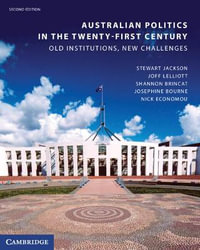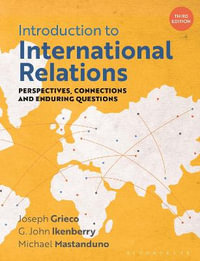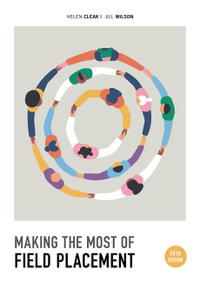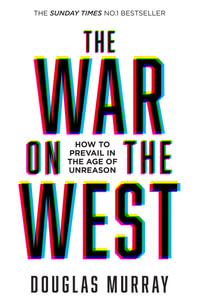"A more profound changing of the guard in environmental protection has seldom been experience in the half century since the start of the modern environmental era. The election of Joe Biden as President of the United States has signalled a dramatic reversal in the four years of Trump administration gutting of US commitments to national and global climate change and the rolling back numerous federal pollution reducing requirements in water, land and for the air we breathe. The question remains, to what extent will the Biden presidency not only reverse but enhance US environmental policy? The answer will not come easily. A starting point is understanding the goals that have been established over many decades at the national, state, and local level and implementation processes for carrying them out, from the Office of the President to the myriad of state and local policy makers and officials. The new edition of Environmental Policy and Politics by the eminent scholar, Michael Kraft, conveys better than any other text the story of how environmental protection evolved through our democratic and representative processes and the framework for carrying them out at the federal, state, and local level across the nation. The story underscores the enumerable and competing interest engaged in the process, with both significant success and, as with the Trump experience, steps backward. Overall, the book provides the right balance between depth and clarity and is essential reading for students of how environmental policy is made and carried out."
Daniel A. Mazmanian, University of Southern California
"This illuminating book is a must-read for political science majors interested in environmental policy and politics in the United States. It is both highly readable and informative and gives the reader a well-rounded insight into the complex nature of modern environmentalism and the challenges that it faces today."
Rafal Soborski, The American International University in London
"The 8th edition of Michael Kraft's Environmental Policy and Politics seamlessly positions up-to-date information about the prevailing environmental issues of our time within the rich historical, political, and scientific context that continues to shape environmental policymaking in the United States. In doing so, the text equips students from diverse disciplinary backgrounds with the theoretical and practical tools for critically analyzing current environmental problems, policies, and political debates."
Elizabeth A. Koebele, University of Nevada, Reno
"Michael Kraft provides an invaluable public service by introducing students to the theoretical and applied complexities of environmental policy and politics through this new edition of his classic text. This version builds thoughtfully on prior work and offers a rich foundation for anyone who wants to better understand and constructively engage these issues. It also offers an important new chapter on energy and climate policy, considering the Trump era and beyond. Students will not only want to read this book but will keep it in on their shelves for the balance of their lives and careers as a vital reference."
Barry Rabe, University of Michigan
"Anyone looking for a comprehensive treatment of environmental, natural resource, and energy policies will find it in this book. Michael Kraft is a master of national and global environmental issues, and he again brings that knowledge together in this new edition of an outstanding book. I use Environmental Policy and Politics in my classes, confident that my students are getting an up-to-date, authoritative, theoretically sound, and well-written analysis of some of the most important issues they ever will study."
Daniel J. Fiorino, American University
"I have used previous editions of this book for years as its integration of the politics underlying political choices and presentation of the resulting policy outcomes provide the most useful understanding of how environmental issues are addressed in practice. The new edition's updated presentation of economic incentives and other alternatives to regulation, and the different methods of evaluating policy outcomes, are especially crucial as these have become increasingly important policy tools in the 21st century and are essential for enabling students to analyze the range of policy options available."
Peter Beck, St. Edwards University
"The book offers an excellent and timely overview of many of the most significant environmental issues we face. The focus on the interaction of institutions and politics on environmental policy offers students a solid foundation. The links to websites also provide students and instructors with ample opportunities for class discussion and further research."
Robert Duffy, Colorado State University
























